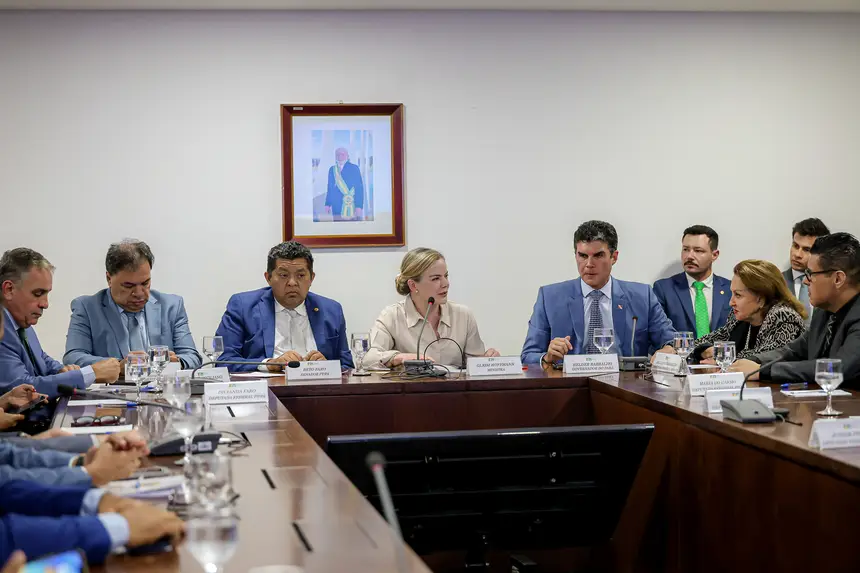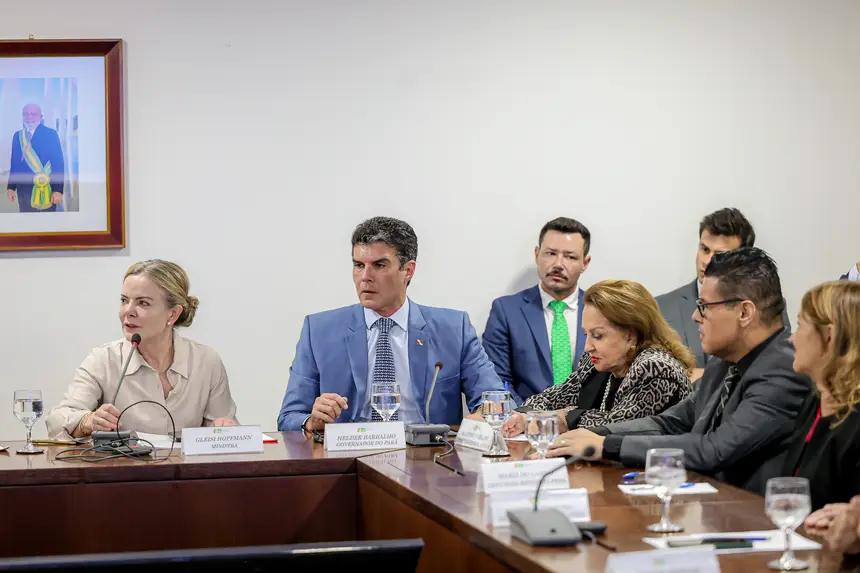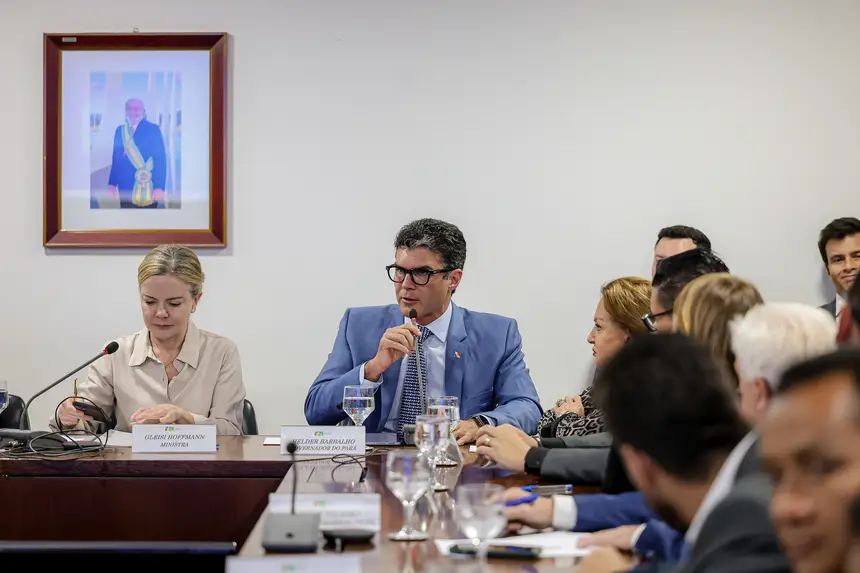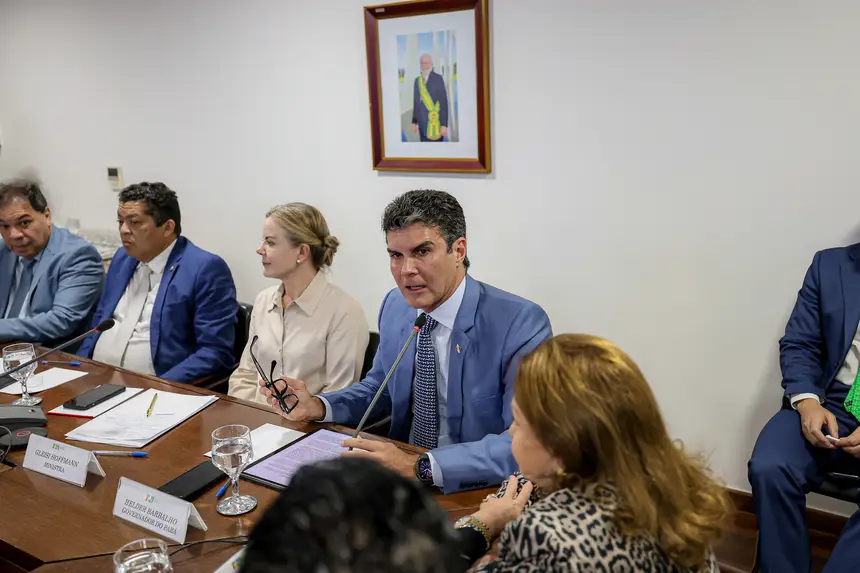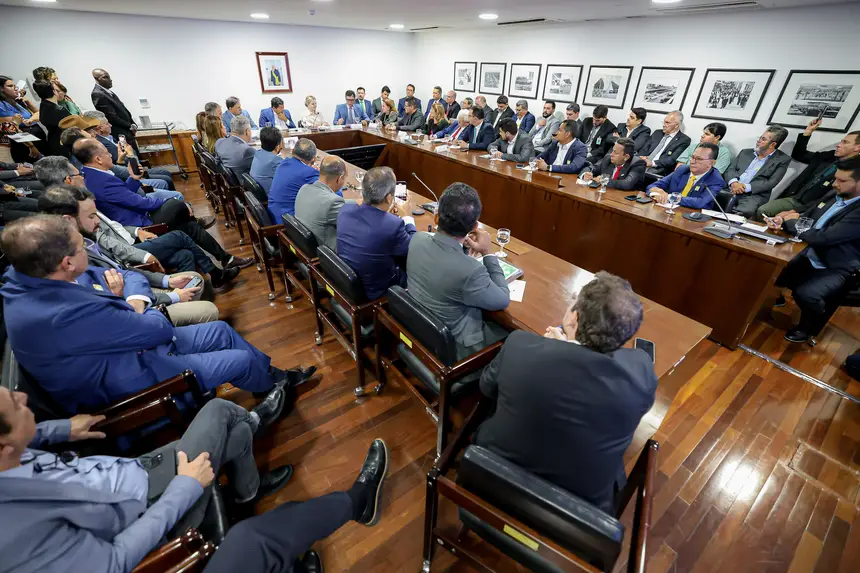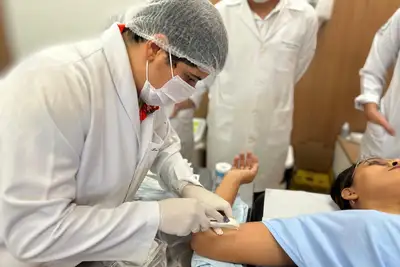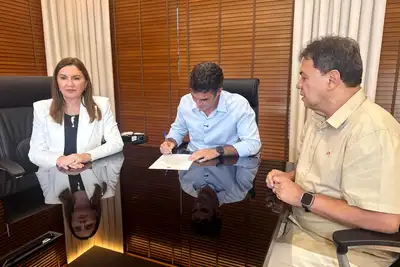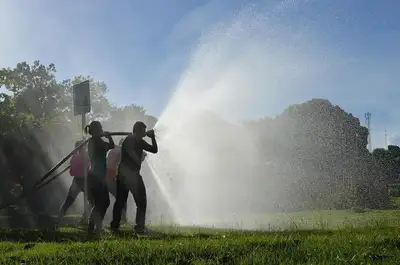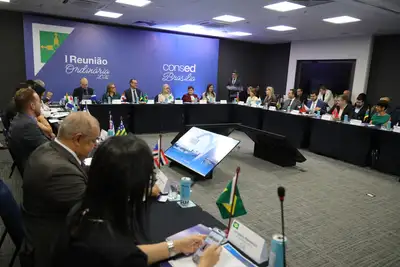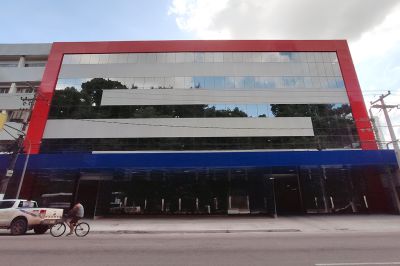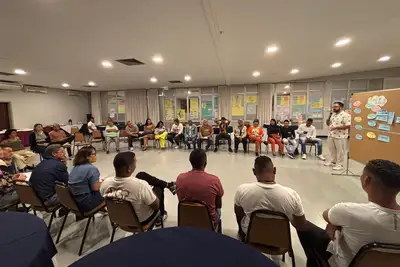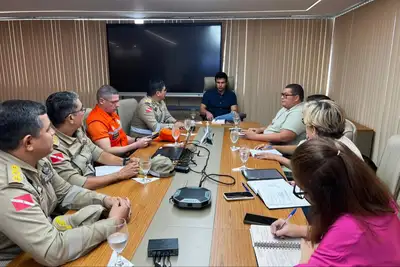In Brasília, Governor of Pará Advocates Measures to Ensure Legal Security in Agriculture
Helder Barbalho discussed with Minister Gleisi Hoffmann measures that guarantee the right to defense and the protection of those who produce within the law
The Governor of Pará, Helder Barbalho, met this Wednesday (7) in Brasília (DF) with the Minister-Chief of the Secretariat for Institutional Relations, Gleisi Hoffmann, to discuss measures adopted by federal agencies that have direct impacts on agricultural production in the State. The meeting was attended by various leaders from Pará, including those from the Senate, the Federal Chamber, and the State Legislative Assembly (Alepa), as well as mayors and presidents of rural unions.
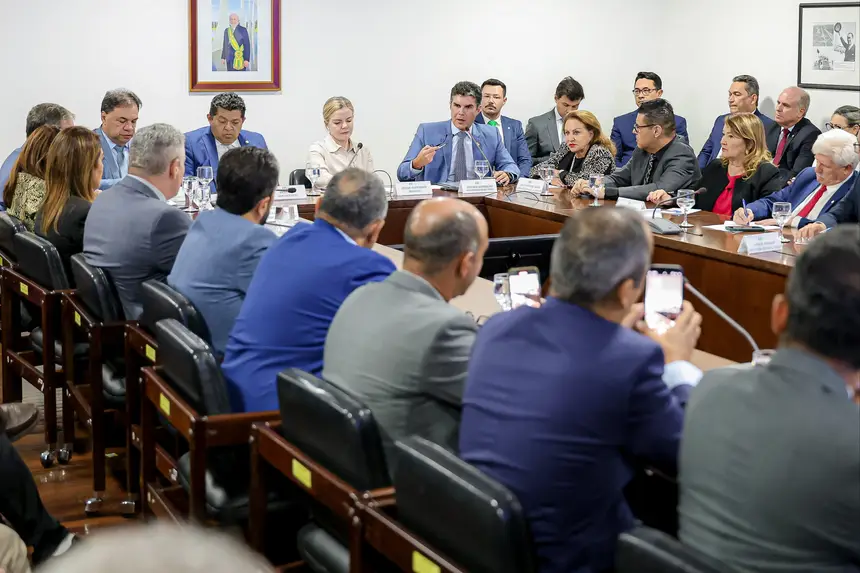
Among the main points presented are the embargo of about 1,800 properties in seven municipalities, published in a notice from the Brazilian Institute of Environment and Renewable Natural Resources (Ibama), with a determination to remove herds within 30 days, as well as automatic blocks in the land system (Sigef), triggered by expressions of interest regarding areas from various municipalities by the National Foundation of Indigenous Peoples (Funai), affecting even properties that are already regularized.
“Our federal deputies, mayors from all regions of the State, rural unions, rural producers, councilors, all came here to present and request solutions regarding embargoes in productive areas of Pará. What is at stake is the right to defense and the protection of those who produce within the law,” stated Governor Helder Barbalho.
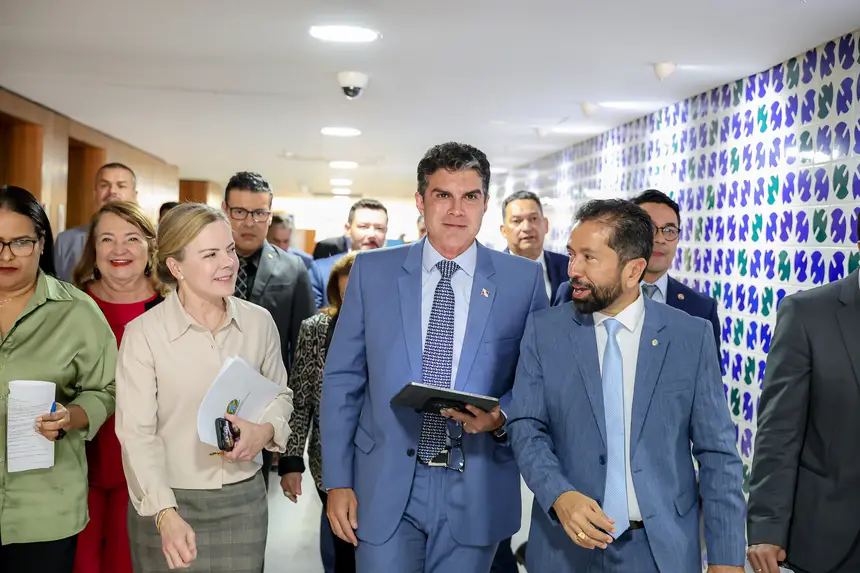
Review - The delegation, led by the head of the Pará Executive, advocated for the immediate suspension of the effects of these measures, the review of procedures that generate blocks in Sigef, from the National Institute of Colonization and Agrarian Reform (Incra), and also the technical criteria to differentiate areas under study and areas with effective land interest. The goal is to solve problems generated for rural producers to obtain financing, environmental licensing, and land regularization.
The Government of Pará advocates that measures with a strong socioeconomic impact be adopted based on technical criteria and individualized analysis, to avoid generalized decisions that compromise regular producers or those with ongoing land and environmental regularization processes.
The State's position does not oppose environmental inspection but seeks to ensure legal security and respect for due process, reinforcing that areas in irregular situations must be treated according to current legislation.
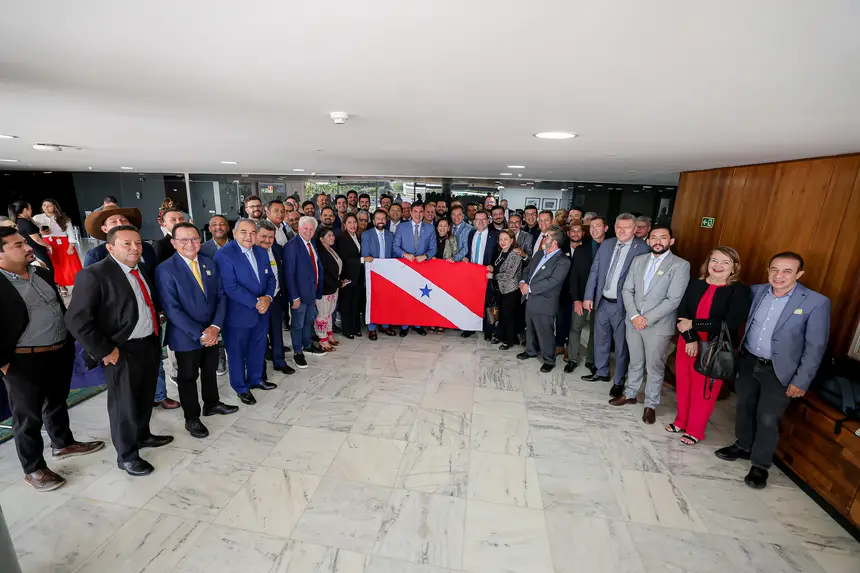
During the meeting, Minister Gleisi Hoffmann positively acknowledged the governor's request, recognizing the seriousness of the impacts and committing to forwarding the demands to the competent agencies. The minister showed sensitivity both regarding the need to review the automatic blocks resulting from Funai's requests and the manner of the embargoes made by Ibama.
“We left with the commitment to find solutions, so that we can allow these properties to be reactivated, so that they continue producing and ensuring environmental preservation, and we can, once again, seek to produce, preserve, and continue working together for Pará,” emphasized the Governor of Pará.



